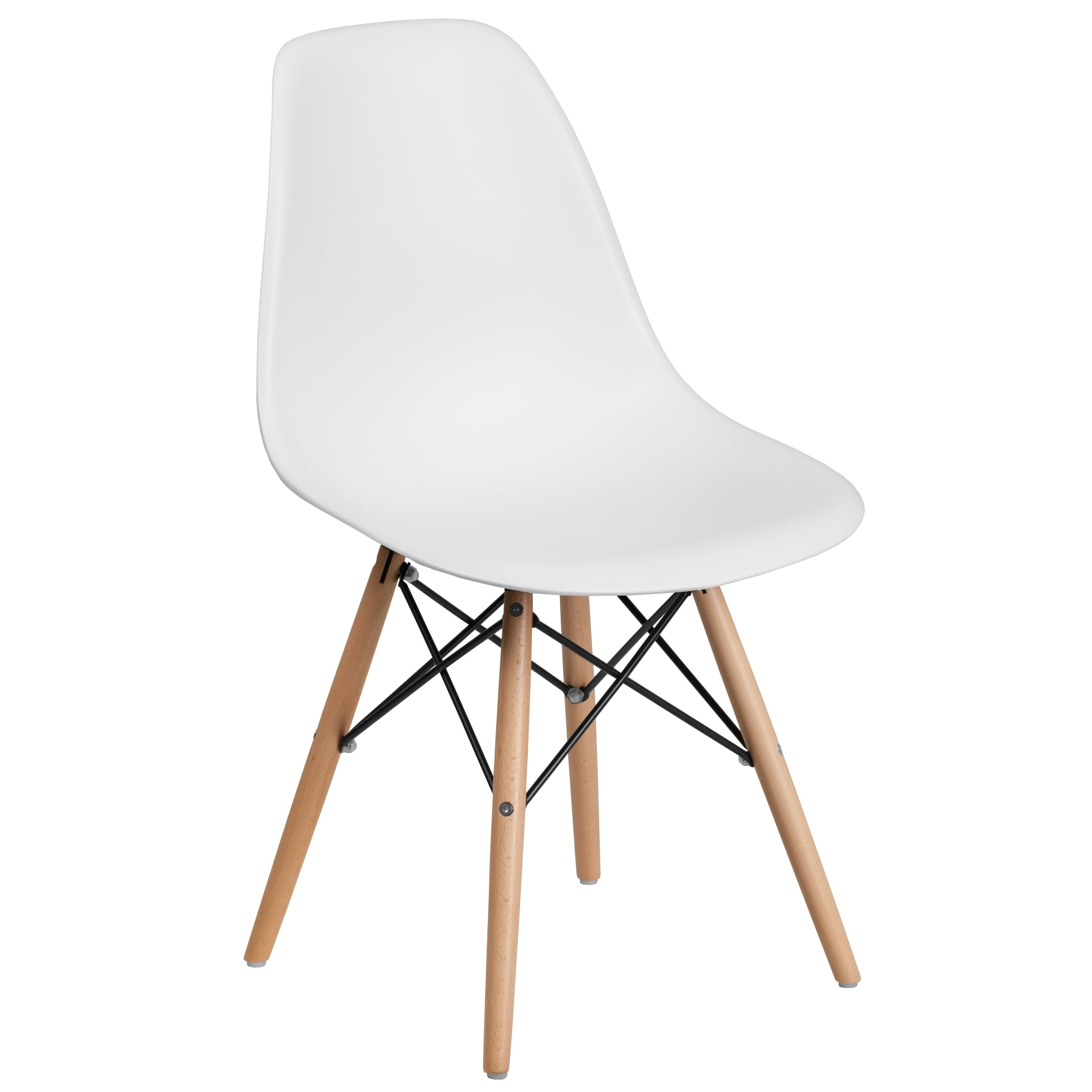Purchasing and Sourcing White Wooden Desk Chairs

The hunt for the perfect white wooden desk chair can feel like navigating a labyrinth of styles, prices, and retailers. Finding the right one, however, is about more than just aesthetics; it’s about understanding the market, knowing where to look, and recognizing the subtle cues that signal quality and value. This exploration will guide you through the process, from understanding the pricing nuances to mastering the art of sourcing your ideal chair.
Price Range and Influencing Factors, White wooden desk chair
The cost of a white wooden desk chair is surprisingly variable, reflecting a wide range of materials, construction techniques, and brand recognition. Understanding these factors is key to making an informed purchase. Prices can fluctuate significantly depending on the retailer and the time of year, so always shop around.
- Materials: Solid wood chairs, especially those using hardwoods like oak or maple, command higher prices than those made from engineered wood or plywood. The type of wood finish also impacts cost; a hand-rubbed finish will be more expensive than a factory-applied finish. Similarly, the quality of the upholstery (if any) adds to the overall price.
- Design: Simple, minimalist designs tend to be more affordable than intricately carved or uniquely styled chairs. The complexity of the design directly correlates with the labor involved in its creation, affecting the final price.
- Features: Additional features, such as adjustable height, lumbar support, or built-in armrests, significantly increase the cost. Ergonomic designs, incorporating features to promote good posture, are often priced higher than standard chairs.
- Brand: Established furniture brands with a reputation for quality often charge a premium compared to lesser-known manufacturers or retailers selling generic designs. The brand’s reputation for craftsmanship and durability impacts the price.
Sourcing White Wooden Desk Chairs
Finding the perfect white wooden desk chair involves exploring a variety of avenues, each with its own advantages and disadvantages. Consider the trade-offs between convenience, selection, and price when choosing your preferred method.
| Sourcing Option | Price | Selection | Quality | Delivery Time |
|---|---|---|---|---|
| Online Marketplaces (e.g., Amazon, Etsy) | Wide range, often competitive pricing | Vast selection, from mass-produced to artisan-made | Variable, requires careful review of seller ratings and product descriptions | Varies widely depending on seller and shipping location; can be quick or slow |
| Furniture Stores (both brick-and-mortar and online) | Mid-range to high-end | Good selection, often curated by the store | Generally higher quality control than online marketplaces | Varies depending on store policy and availability; in-store purchases are immediate |
| Artisan Workshops/Direct from Makers | Higher end, often custom-made | Limited selection, often unique and one-of-a-kind pieces | Highest quality, often with personalized attention to detail | Longer lead times, often requires custom orders |
Alternative Sourcing Options
Instead of relying solely on large online marketplaces or impersonal furniture stores, consider exploring other avenues. Antique shops can unearth unique, vintage finds; while local craft fairs or farmers’ markets sometimes feature independent furniture makers showcasing their work. Checking classified ads or neighborhood bulletin boards might also uncover hidden gems. Remember to carefully inspect any used furniture for signs of wear and tear before purchasing. Directly contacting furniture makers offers a chance to discuss your needs and potentially commission a custom piece perfectly suited to your workspace and aesthetic preferences. This personalized approach often results in a higher quality chair with a unique character that cannot be found elsewhere.
